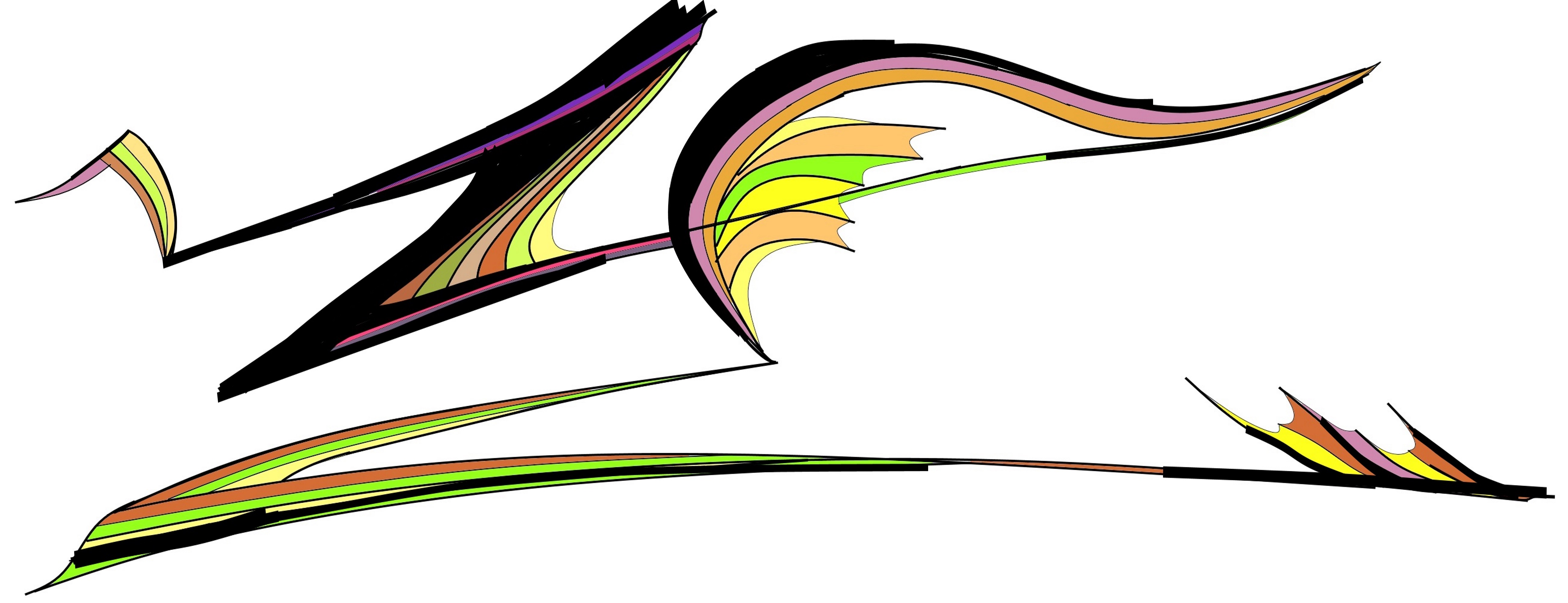Selected Readings of Modern Chinese: Introduction
现代汉语杂文选读 Xiàndài hànyǔ záwén xuǎndú – Selected Readings of Modern Chinese Essays
课程介绍 Kèchéng jièshào – Course Introduction
主讲教师和助教 Zhǔjiǎng jiàoshī hé zhùjiào – Teaching Team
课本 Kèběn – Text book
观察 · 观点:汉语高级阅读教程 Guānchá· guāndiǎn: Hànyǔ gāojí yuèdú jiàochéng – Observation and opinion: an advanced Chinese reader
学习目标 Xuéxí mùbiāo – Course Outcomes
通过议论文了解正式书面语体 Tōngguò yìlùn wén liǎojiě zhèngshì shūmiànyǔ tǐ – Argumentative texts [Understanding formal written style through argumentative essays]
提高阅读能力 Tígāo yuèdú nénglì – Reading and Comprehending Selected Texts [Improve reading ability]
从人的思想和社会问题深入了解中国文化 Cóng rén de sīxiǎng hé shèhuì wèntí shēnrù liǎojiě zhōngguó wénhuà – In-depth understanding of Chinese culture from human thought and social issues
作业 Zuòyè – homework
考试 Kǎoshì – exams
评分标准 Píngfēn biāozhǔn – Grading policy
网课课堂礼仪 Wǎng kè kètáng lǐyí – Zoom Class Etiquette
https://youtube.com/watch?v=NSPhYzVtl8A%3Fstart%3D00
Selected Readings of Modern Chinese: Lesson 1 不要抛弃学问 Part 1
1。不要抛弃学问 1. Bùyào pāoqì xuéwèn – 1. Do not abandon knowledge
谈一谈
你在大学中最大的收获是什么?用数字给下列说法排序。并谈谈你的理由。
Tán yī tán nǐ zài dàxué zhōng zuìdà de shōuhuò shì shénme? Yòng shùzì gěi xiàliè shuōfǎ páixù. Bìng tán tán nǐ de lǐyóu. – talk about
What was your biggest takeaway from college? Sort the following statements numerically. and talk about your reasons.
交到真心诚意的朋友
学会了如何跟人打交道
学到许多知识
更了解自己
看了许多书
培养了独立生活的能力
Jiāo dào zhēnxīn chéngyì de péngyǒu xué huì liǎo rúhé gēn rén dǎjiāodào xué dào xǔduō zhīshì gèng liǎojiě zìjǐ kànle xǔduō shū péiyǎngle dúlì shēnghuó de nénglì
– make sincere friends
learned how to deal with people
learn a lot
know yourself better
read many books
Develop the ability to live independently
小组讨论 Xiǎozǔ tǎolùn – group discussion
了解作者 Liǎojiě zuòzhě – Get to know the author
著名思想家,文学家,哲学家。因提倡文学革命,自话文学创作而成为新文化运动的领袖之一。胡适信奉实验主义哲学,主张少谈主义,主张科学佐证,尽信书不如无书。Zhùmíng sīxiǎngjiā, wénxué jiā, zhéxué jiā. Yīn tíchàng wénxué gémìng, zì huà wénxué chuàngzuò ér chéngwéi xīn wénhuà yùndòng de lǐngxiù zhī yī. Húshì xìnfèng shíyàn zhǔyì zhéxué, zhǔzhāng shǎo tán zhǔyì, zhǔzhāng kēxué zuǒzhèng, jìn xìn shū bùrú wú shū. – Famous thinker, writer, philosopher. He became one of the leaders of the New Culture Movement because of his advocacy of literary revolution and self-talk literary creation. Hu Shi believed in the philosophy of experimentalism, advocated less talk, and advocated scientific evidence.
一千九百三十八到一千九百四十二年国民政府驻美大使。一千九百四十六到一千九百四十八年任北京大学校长。一千九百四十九年去美国。一千九百五十二年返台湾任中央研究院院长。Yīqiān jiǔbǎi sānshíbā dào yīqiān jiǔbǎi sìshí’èr nián guómín zhèngfǔ zhù měi dàshǐ. Yīqiān jiǔbǎi sìshíliù dào yīqiān jiǔbǎi sìshíbā nián rèn běijīng dàxué xiàozhǎng. Yīqiān jiǔbǎi sìshíjiǔ nián qù měiguó. Yīqiān jiǔbǎi wǔshí’èr nián fǎn táiwān rèn zhōngyāng yán jiù yuàn yuàn zhǎng. – From 1938 to 1942, the Kuomintang government’s ambassador to the United States. From 1946 to 1948, he was the president of Peking University. I went to America in 1949. In 1952, he returned to Taiwan as the director of the Academia Sinica.
一千九百十六年,在《新青年》发表著名的《文学改良刍议》。Yīqiān jiǔbǎi shíliù nián, zài “xīn qīngnián” fābiǎo zhuó míng de “wénxué gǎiliáng chúyì”. – In 1916, he published the famous “Humble Opinions on Literary Improvement” in “New Youth”.
根据文章,回答问题 Gēnjù wénzhāng, huídá wèntí – Answer the questions based on the article
作者在学生毕业的时候,送他们什么礼物?Zuòzhě zài xuéshēng bìyè de shíhòu, sòng tāmen shénme lǐwù? – What gift does the author give students when they graduate?
1。诸位毕业同学:
2。你们现在要离开母校了,我没有什么礼物送给你们,只好送你们一句话。
3。这一句话是:“不要抛弃学问。” 1. Zhūwèi bìyè tóngxué: 2. Nǐmen xiànzài yào líkāi mǔxiàole, wǒ méiyǒu shé me lǐwù sòng gěi nǐmen, zhǐhǎo sòng nǐmen yījù huà. 3. Zhè yījù huà shì:“Bùyào pāoqì xuéwèn.” – 1. Graduates:
2. You are leaving your alma mater now. I don’t have any gifts for you, so I have to give you a word.
3. This sentence is: “Don’t give up learning.”
根据文章,回答问题 Gēnjù wénzhāng, huídá wèntí – Answer the questions based on the article
作者认为,如果学生毕业以后就不继续追求学问,他们会变得怎么样?Zuòzhě rènwéi, rúguǒ xuéshēng bìyè yǐhòu jiù bù jìxù zhuīqiú xuéwèn, tāmen huì biàn dé zěnme yàng? – The author argues that what happens to students if they do not pursue their studies after graduation?
三这一句话是:“不要抛弃学问。”Sān zhè yījù huà shì:“Bùyào pāoqì xuéwèn.” – The third sentence is: “Don’t abandon your knowledge.”
以前的功课也许有一大部分是为了这张毕业文凭不是已而做的。Yǐqián de gōngkè yěxǔ yǒuyī dà bùfèn shì wèile zhè zhāng bìyè wénpíng bùshì yǐ ér zuò de. – Perhaps a large part of the previous homework was done for the sake of this diploma.
从今以后,你们可以依自己的心愿去自由研究了。Cóng jīn yǐhòu, nǐmen kěyǐ yī zìjǐ de xīnyuàn qù zìyóu yánjiūle. – From now on, you are free to study as you wish.
趁现在年富力强的时候,努力做一种专门学问。Chèn xiànzài niánfùlìqiáng de shíhòu, nǔlì zuò yī zhǒng zhuānmén xuéwèn. – Take advantage of the time when you are young and strong, and strive to do a special kind of knowledge.
少年是一去不复返的,等到精力衰时,要做学问也来不及了。Shàonián shì yī qù bù fù fǎn de, děngdào jīnglì shuāi shí, yào zuò xuéwèn yě láibujíle. – Teenagers are gone forever, and when their energy declines, it will be too late to learn.
即为吃饭计, 学问绝不会辜负人的。Jí wèi chīfàn jì, xuéwèn jué bù huì gūfù rén de. – That is, for the sake of eating, knowledge will never fail anyone.
https://youtube.com/watch?v=H9Y58omHa0g%3Fstart%3D390
